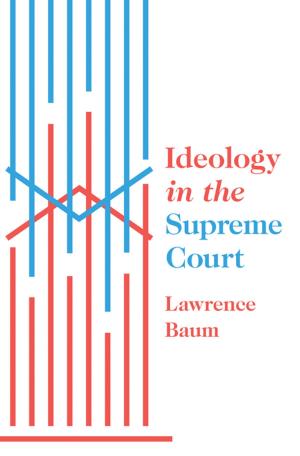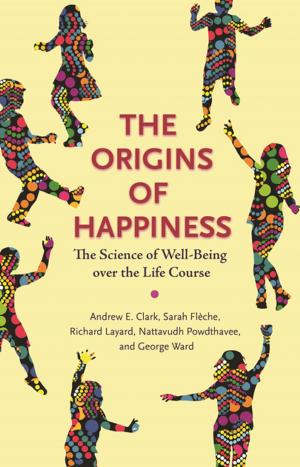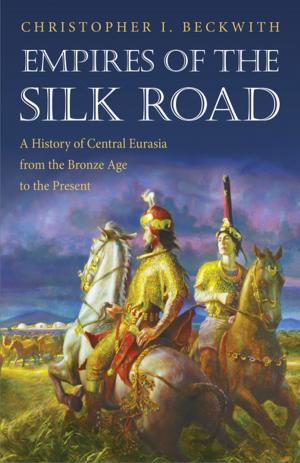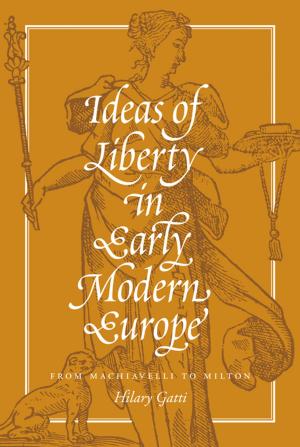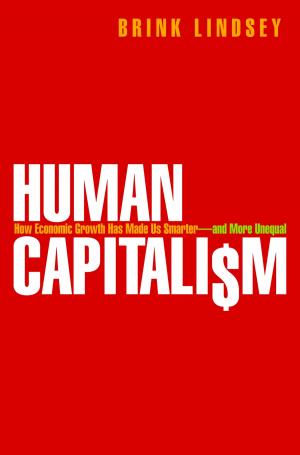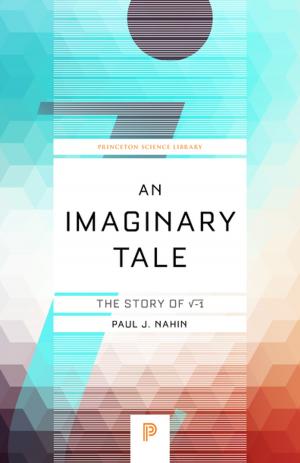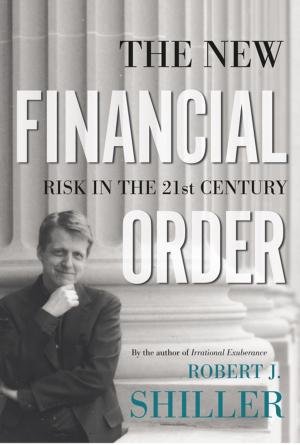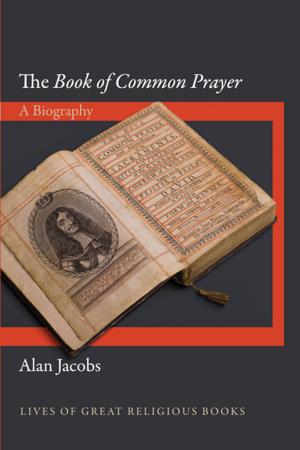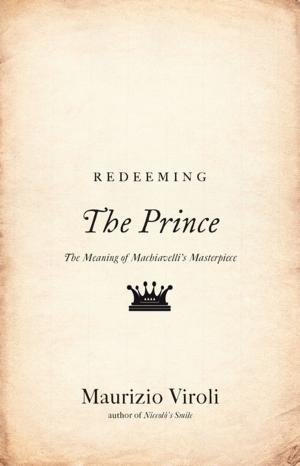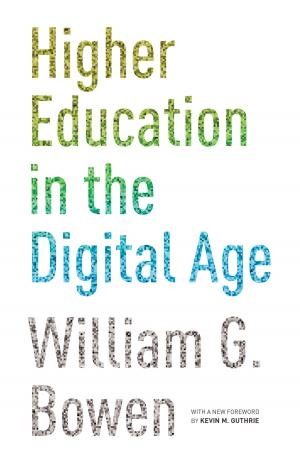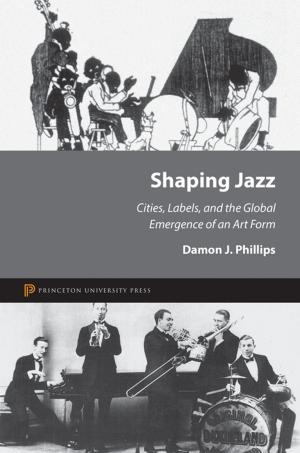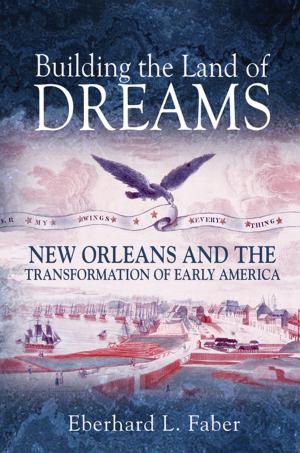The Infidel and the Professor
David Hume, Adam Smith, and the Friendship That Shaped Modern Thought
Nonfiction, Religion & Spirituality, Philosophy, Modern, Political| Author: | Dennis C. Rasmussen | ISBN: | 9781400888467 |
| Publisher: | Princeton University Press | Publication: | August 28, 2017 |
| Imprint: | Princeton University Press | Language: | English |
| Author: | Dennis C. Rasmussen |
| ISBN: | 9781400888467 |
| Publisher: | Princeton University Press |
| Publication: | August 28, 2017 |
| Imprint: | Princeton University Press |
| Language: | English |
The story of the greatest of all philosophical friendships—and how it influenced modern thought
David Hume is widely regarded as the most important philosopher ever to write in English, but during his lifetime he was attacked as “the Great Infidel” for his skeptical religious views and deemed unfit to teach the young. In contrast, Adam Smith was a revered professor of moral philosophy, and is now often hailed as the founding father of capitalism. Remarkably, the two were best friends for most of their adult lives, sharing what Dennis Rasmussen calls the greatest of all philosophical friendships. The Infidel and the Professor is the first book to tell the fascinating story of the friendship of these towering Enlightenment thinkers—and how it influenced their world-changing ideas.
The book follows Hume and Smith’s relationship from their first meeting in 1749 until Hume’s death in 1776. It describes how they commented on each other’s writings, supported each other’s careers and literary ambitions, and advised each other on personal matters, most notably after Hume’s quarrel with Jean-Jacques Rousseau. Members of a vibrant intellectual scene in Enlightenment Scotland, Hume and Smith made many of the same friends (and enemies), joined the same clubs, and were interested in many of the same subjects well beyond philosophy and economics—from psychology and history to politics and Britain’s conflict with the American colonies. The book reveals that Smith’s private religious views were considerably closer to Hume’s public ones than is usually believed. It also shows that Hume contributed more to economics—and Smith contributed more to philosophy—than is generally recognized.
Vividly written, The Infidel and the Professor is a compelling account of a great friendship that had great consequences for modern thought.
The story of the greatest of all philosophical friendships—and how it influenced modern thought
David Hume is widely regarded as the most important philosopher ever to write in English, but during his lifetime he was attacked as “the Great Infidel” for his skeptical religious views and deemed unfit to teach the young. In contrast, Adam Smith was a revered professor of moral philosophy, and is now often hailed as the founding father of capitalism. Remarkably, the two were best friends for most of their adult lives, sharing what Dennis Rasmussen calls the greatest of all philosophical friendships. The Infidel and the Professor is the first book to tell the fascinating story of the friendship of these towering Enlightenment thinkers—and how it influenced their world-changing ideas.
The book follows Hume and Smith’s relationship from their first meeting in 1749 until Hume’s death in 1776. It describes how they commented on each other’s writings, supported each other’s careers and literary ambitions, and advised each other on personal matters, most notably after Hume’s quarrel with Jean-Jacques Rousseau. Members of a vibrant intellectual scene in Enlightenment Scotland, Hume and Smith made many of the same friends (and enemies), joined the same clubs, and were interested in many of the same subjects well beyond philosophy and economics—from psychology and history to politics and Britain’s conflict with the American colonies. The book reveals that Smith’s private religious views were considerably closer to Hume’s public ones than is usually believed. It also shows that Hume contributed more to economics—and Smith contributed more to philosophy—than is generally recognized.
Vividly written, The Infidel and the Professor is a compelling account of a great friendship that had great consequences for modern thought.


